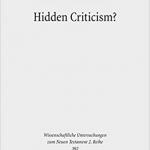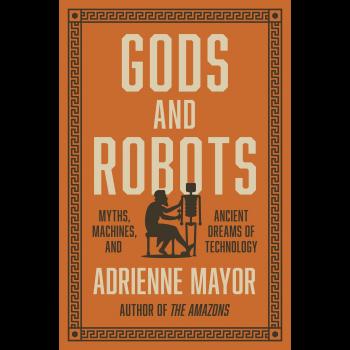I really appreciate the “Book Addict’s Defense of the Smartphone” which made the following case:
My point is not that I don’t think that smartphones can cause problems for attention, focus, and interpersonal relationships. I’ll stipulate that we have not adjusted to the downsides of having the internet – and everything that comes along with the web – in our pockets.
What I am saying is that the advantages of being to store, listen to, and read books – wherever and whenever – outweigh all the smartphone negatives.
The audiobook and the e-book, purchased (or borrowed) and read/listened to on a smartphone, is the game changer for book lovers.
Strangely, the wonderful opportunities to spend more time reading books that smartphones have enabled has gone largely uncelebrated. Academics – we people of the book – should be overjoyed about the potential of the smartphone to increase reading time.
We should be making the argument that the problem with the smartphone is not the device, but how people use it. Delete that Facebook app. Get rid of Twitter. Take the games off the phone. Maybe even remove your e-mail accounts.
Keep the Kindle and Audible apps. (Or whatever e-book and audiobook app that you use).
Think only of the smartphone as a reading device and a bookshelf.
Do you use your phone to read books?
This fits my experience. I’ve read a book related to a book project on my phone in the checkout line at the supermarket. I’ve listened to an audiobook while I drove three hours to a conference – an audiobook that was directly relevant to what I was slated to present on when I arrived! I’ve enjoyed more fiction listening in the car as I go to and from work. I’ve enjoyed the ability to read a book in German and easily look up words I didn’t know or couldn’t remember from within the ebook app rather than having to consult something separate.
This is not to deny the downside, as illustrated by these recent articles:
The Chronicle of Higher Education had a great article about digital distraction in the classroom. The New York Times had a series of opinion pieces about privacy in the digital age, part of what they are calling The Privacy Project. But despite what James Martin says, the notion of privacy is pretty much unknown in the Bible or anywhere else in the ancient world.
When it comes to data about teen use of technology, this statistic is sobering:
PEW tried to assess just how heavily cell phones are being used by asking teens to classify their use into descriptive categories – almost constantly, several times a day, less often. The almost constantly description rose from 24% in 2014 to 45% in 2018.
Nevertheless, I’m inclined to agree that the key issue is how the devices are used. What if we encourage more reading/listening, rather than discouraging social media and devices per se?
Also relevant, here is an article from a few years ago about academic reading on a Kindle. I don’t own or use a Kindle, although I do use the Kindle app on my phone sometimes. Should I have a Kindle? Why or why not?













